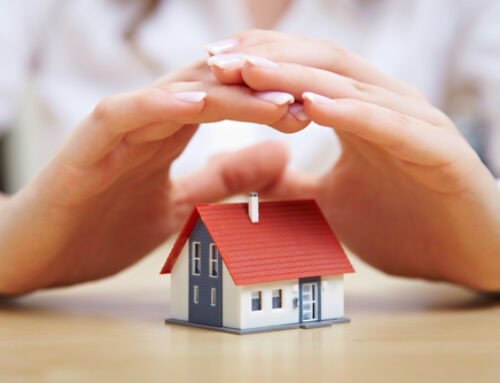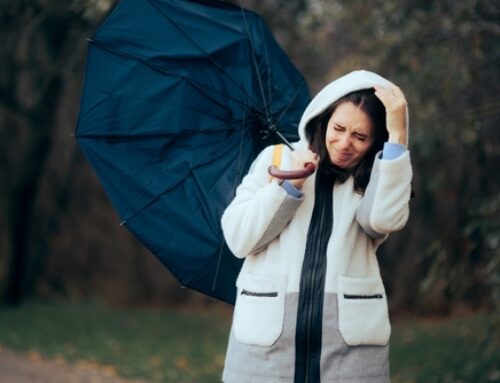Roof leaks, flood damage, and mold contamination are all situations that condo unit owners should be aware of.
In Florida, the Condominium Association insurance policy should cover water damage inflicted by burst plumbing from common elements of the building and rain leakage from the roof or drywall and infrastructure caused by wind or other natural occurrences.
Who is Responsible for Water Damage from Upstairs?
If you purchased a condo insurance policy for your unit, your policy should cover interior water damage caused by a burst galvanized copper or pvc water pipes, water heater leak, washing machines and even heating and air conditioning systems located in your unit. This is true even is the water travels from the unit above you. However, in such cases where damage comes from an upper unit, typically a dispute will arise about which insurance policy is responsible to provide coverage – the individual unit owner or the condominium associations
Suppose you experience water damage or a mold infestation because of a leaky roof. In that case, the Condominium or Homeowners Association is likely to be responsible since they have a non-delegable responsibility to cover the common areas, such as a roof. The association is responsible for damaged drywall, ceiling, and wiring behind the walls. The association should also cover any mold growth that results from water damage that came from common areas. However, a claim should still be filed through your own insurance policy and then let your carrier seek indemnification [reimbursement] from your Association’s insurance company.
It is worth noting that your unit’s insurance policy covers sudden events. For instance, if a water pipe bursts suddenly upstairs and water leaks into your unit, causing damage, your insurance policy will typically cover this damage. However, as noted above, if the damage caused by a leak upstairs is due to your neighbor’s negligence, the owner will be responsible for the damage. Both you and the association can file a claim against the owner for any damage not covered by insurance. However, as noted above, a claim should still be filed through your own insurance policy and then let your carrier seek indemnification [reimbursement] from your Association’s insurance company.
What Does the Unit Owner Policy Cover in the Event of Damage?
As a condo owner, you should obtain a policy that will cover the finished interior surface of your unit. Make sure your homeowner’s insurance policy cover everything that isn’t included in the association’s policy. This includes, for example: floor, ceiling, and wall coverings, water heaters, countertops, and built-in cabinets, water filters, electrical fixtures, and appliances. In other words, everything in your interior space.
Final Thoughts
Do not rely solely on the Condo or Homeowner Association to simply reimburse you for damage incurred to your unit. Their insurance policies offer limited coverage and protection, so make sure to have your own property/homeowners’ insurance policy specific to your unit. Your policy, at minimum should cover damage to contents, furniture, jewelry, personal possessions, and appliances in your personal unit.
How a Florida Property Damage Attorney Can Help You Maximize Your Recovery for Water Damage to Your Condominium Unit.
Are you dealing with water damage or mold in your condominium unit? Is your insurance company giving you the run around and telling you that your claim is covered by the Condominium Associations insurance policy, while your Association is telling you that your claim should be made under your individual owner policy? If you have a claim, do not delay. Contact an experienced Florida attorney at the Consumer Law Office! Our Property Damage Attorneys and loss consultants are ready to provide you with a FREE inspection of your Condominium unit and help you during every step of your insurance claim process.
We have recovered millions of dollars for our clients. Don’t accept “claim delayed denied or underpaid” from your property insurance company without letting us first look at your claim. To contact us for assistance, visit https://consumerlawoffice.com/ or call 305-940-0924






